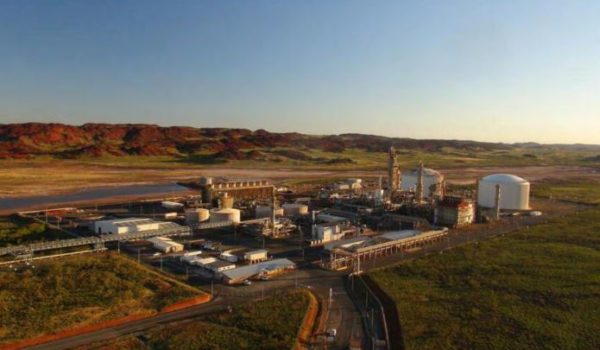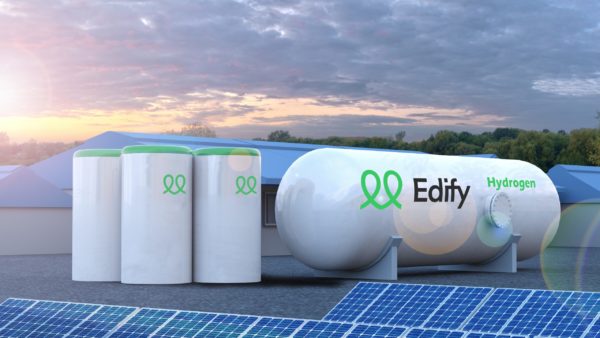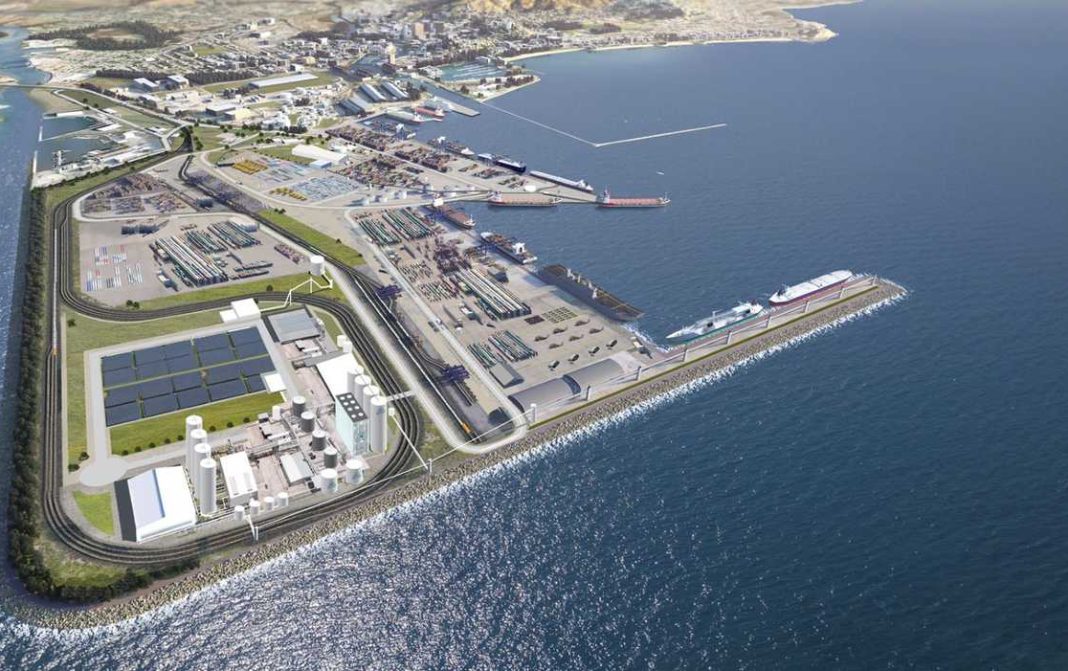The future of Australia’s hydrogen export industry is set to get a boost with the Australian Renewable Energy Agency (ARENA) announcing it will play a key role in the development and delivery of the German-Australian Hydrogen Innovation and Technology Incubator known as HyGATE.
ARENA will team up with Germany’s Federal Ministry of Education and Research (BMBF), to administer HyGATE which it said will support “real-world pilot, trial, demonstration and research projects along the hydrogen supply chain”.
Australia and Germany have committed up to $50 million and €50 million, respectively, to invest in new renewable hydrogen projects. The funding initiative is expected to open in the first quarter of 2022.
ARENA chief executive Darren Miller said he welcomed the agency’s involvement and the opportunity to work with Germany, which he described as “one of the world’s leaders when it comes to renewable hydrogen technology”.
“Having already committed over $160 million into renewable hydrogen research, studies and electrolyser deployments, ARENA now has an opportunity to highlight Australia’s innovation and commitment to growing and being at the forefront of a renewable hydrogen economy,” he said.
The HyGATE project follows the signing of the Australia-Germany Hydrogen Accord in June which will see the two nations invest in a series of new initiatives to accelerate the development of a hydrogen industry, creating new economic opportunities and jobs while reducing emissions.
WA plans renewable hydrogen hubs
The Western Australian Government has announced it will invest up to $117.5 million to attract federal funding for two new renewable hydrogen hubs as it looks to establish the state as a global clean energy powerhouse.
Hydrogen Industry Minister Alannah MacTiernan said the state government this week lodged applications through the Federal Government’s Clean Hydrogen Industrial Hubs program for matching commonwealth funding to develop hubs in the Pilbara and Mid-West.
“Both the Pilbara and Mid-West are attracting global attention for their renewable hydrogen potential, with energy companies from across the world setting their sights on WA,” she said.
“Our government has made this major commitment to unleash that potential and deliver the infrastructure we need to fast-track local renewable hydrogen production and exports.”

Image: Engie
The Pilbara Hydrogen Hub plan involves development of a hydrogen or ammonia pipeline connecting the Maitland and Burrup strategic industrial areas, creation of a Clean Energy Training and Research Institute based out of both Karratha and Port Hedland, and port upgrades to facilitate export opportunities.
The Mid West Clean Hydrogen Hub proposal includes construction of renewable energy and road infrastructure at the Oakajee Strategic Industrial Area, as well as connecting the area to power and water, and developing hydrogen refuelling infrastructure.
WA Premier Mark McGowan said the state has “globally competitive natural advantages” in the renewable hydrogen industry – including abundant solar and wind resources, available land, existing export infrastructure and strong trading partnerships in the region.
“Western Australia has every advantage to be a world leader in renewable hydrogen, and we are committed to providing the support to make these job-creating projects a reality,” he said.
“The Pilbara and Mid-West are second to none among regions around the country in offering the competitive advantages needed to drive successful local hydrogen industries.
Edify progresses plans for 1 GW project
The Queensland Government’s ambition to establish Townsville in the state’s north as a green hydrogen powerhouse has been strengthened with the signing of a Memorandum of Understanding (MoU) to investigate the process and feasibility of exporting the zero-emission fuel through the city’s port.
Australian renewables developer Edify Energy has signed a MoU with the Port of Townsville to advance Edify’s renewable hydrogen export project which would comprise up to 1 GW of electrolyser capacity, capable of producing up to 150,000 tonnes of green hydrogen a year.
The signing of the MoU comes after Edify recently received development approval to build and operate a green hydrogen production plant, as well as a behind-the-meter solar and battery storage facility within the Lansdown Eco-Industrial Precinct, south of Townsville.

Edify Energy
Edify plans to initially produce green hydrogen at the site with a 10 MW pilot scale facility before increasing capacity in stages. The company is also in the development stages of building its 200 MW Majors Creek Solar Power Station, which will supply electricity to the Lansdown facility.
Edify chief executive officer John Cole said Townsville’s existing infrastructure and industry is well suited to host a renewable hydrogen production and export industry.
“Using a renewable energy source to produce large-scale green hydrogen means Townsville will be perfectly poised to be North Queensland’s hydrogen hub and export capital on the east coast,” he said.
Queensland Energy Minister Mick de Brenni said the state has a track record of creating energy export industries and the state government is getting the investment settings right to capitalise on renewable hydrogen.
“We are positioning Queensland as a global powerhouse for clean energy exports,” he said. “Renewable hydrogen will boost construction, utilities, heavy manufacturing, and a range of local service industries.”
Edify Energy joins a growing list of proponents seeking to export renewable hydrogen through the Port of Townsville, including Origin Energy and Ark Energy Corporation.
This content is protected by copyright and may not be reused. If you want to cooperate with us and would like to reuse some of our content, please contact: editors@pv-magazine.com.









3 comments
By submitting this form you agree to pv magazine using your data for the purposes of publishing your comment.
Your personal data will only be disclosed or otherwise transmitted to third parties for the purposes of spam filtering or if this is necessary for technical maintenance of the website. Any other transfer to third parties will not take place unless this is justified on the basis of applicable data protection regulations or if pv magazine is legally obliged to do so.
You may revoke this consent at any time with effect for the future, in which case your personal data will be deleted immediately. Otherwise, your data will be deleted if pv magazine has processed your request or the purpose of data storage is fulfilled.
Further information on data privacy can be found in our Data Protection Policy.